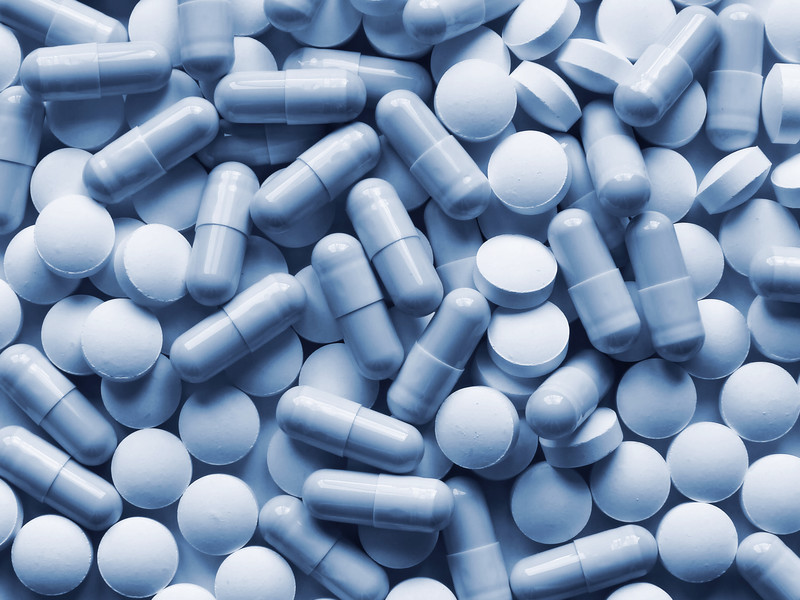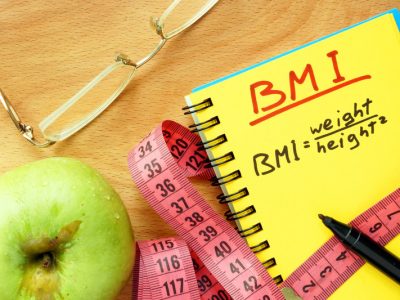
Could your headache be from medication overuse? It’s estimated that around 3-5 percent of the population experiences chronic daily headache. In which, defined as a primary headache occurring at least 15 days per month (1). This worldwide problem often brings on another issue for those who take medication to try and find relief.
Medication Overuse Headache (MOH) is a very common condition that involves people getting headaches from overusing a medication. It feels that this issue is to be largely preventable.
In the journal Therapeutic Advances in Drug Safety, researchers report that MOH is one of the most common chronic headache disorders, and it is probably the most costly headache disorder for both society and sufferer. Furthermore, they reported that most patients don’t know there is a relationship between medication overuse and chronic daily headache (2).
MOH can result from the overuse of over-the-counter analgesics, as well as prescription medications. Those experiencing chronic daily headache, believed that around 70 percent of them also take daily medication. While MOH is not fully understood, it feels that it occurs from an increased neuronal excitability in the cerebral cortex and the trigeminal system, which is the fifth cranial nerve (3). The risk factors for those who may experience MOH are both environmental and genetic,
but researchers have found that those who smoke and live a sedentary lifestyle have a two-fold increase in the risk of MOH.
To help in diagnosing MOH, health professionals look at what medications the patients is taking on a daily basis, as well as how much of it they are taking. As well as evaluating one’s medication, they also need to look at the combination of medicines taken, and, if they are taking more than one. In addition, a detailed history of the medications taken, both prescription and non-prescription, helps to make a proper diagnosis.
For those experiencing MOH, the most important treatment is the gradual stop of the medication in question. The goal of treatment for MOH is to remove the overused drugs. Also, provides the person with prescription medication and non-pharmacological approaches. Thus, helping them from relapsing. Around 70 percent have found treatment success rates. Researchers recommended change their thinking and behaviour, so, they are not always turning to a medication for headache pain. Patients can benefit from learning non-medication approaches, to handling the headache pain, including biofeedback and cognitive behaviour therapy.
MOH is a worldwide problem that can help preventing, by educating people with medication overuse. Hence, identifying when it happen and help effective treatment options. When we can remove problems associated with MOH, we can focus on the primary cause of chronic headache pain.
Sources:
- Current Treatment Options in Neurology. Update on chronic daily headache. https://www.ncbi.nlm.nih.gov/pubmed/21103961
- Therapeutic Advances in Drug Safety. Medication-overuse headache: epidemiology, diagnoses, and treatment. https://www.ncbi.nlm.nih.gov/pmc/articles/PMC4110872/
- Neurology Advisor. The Diagnoses and Treatment of Medication Overuse Headache. http://www.neurologyadvisor.com/migraine-and-headache/the-diagnosis-and-treatment-of-







